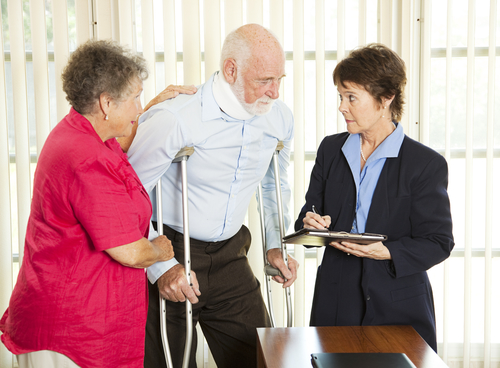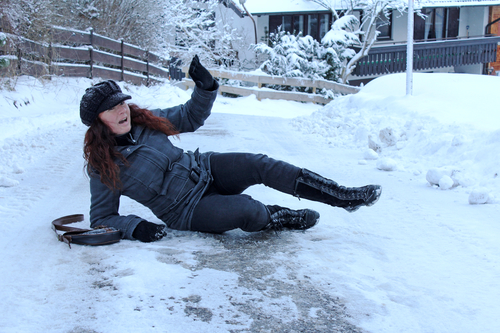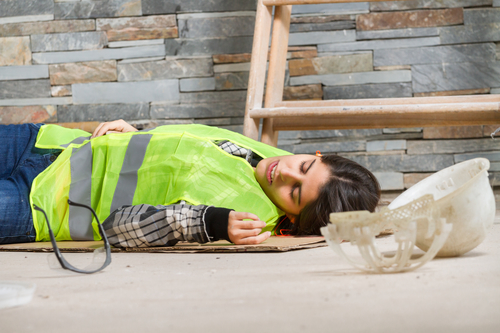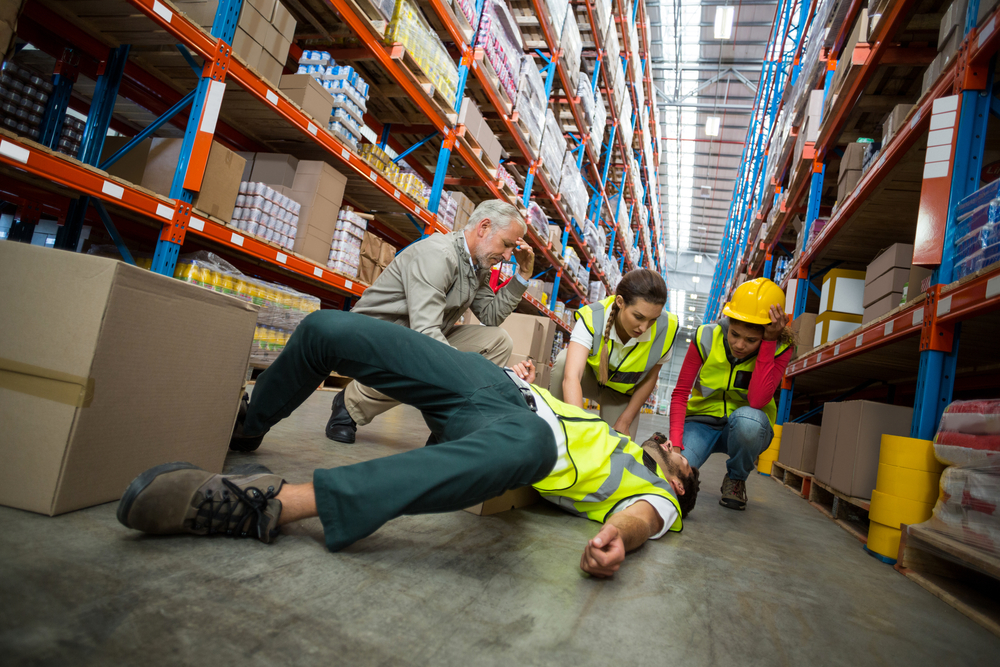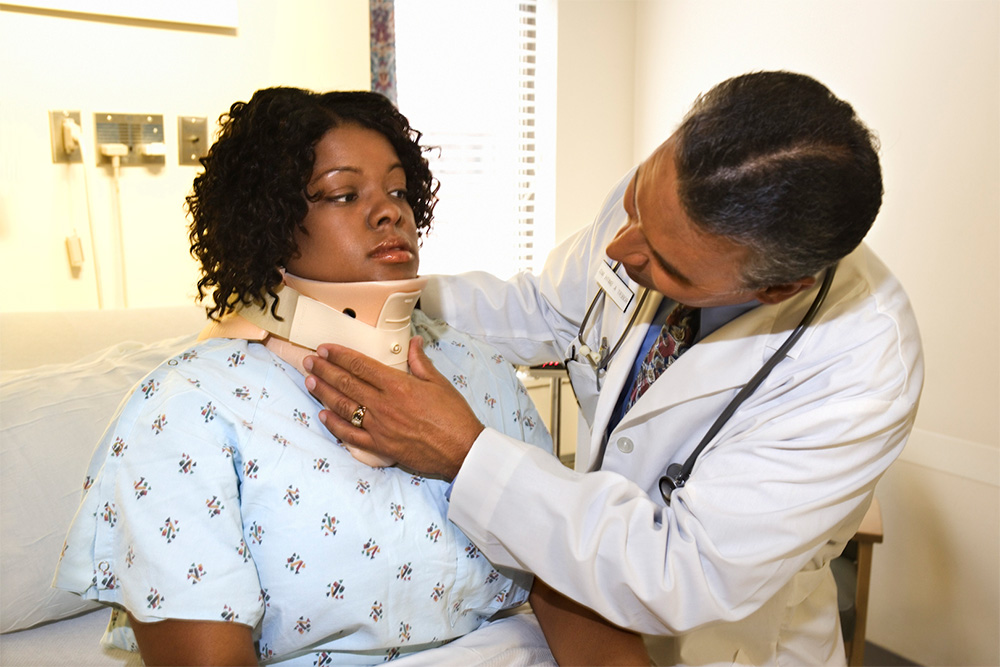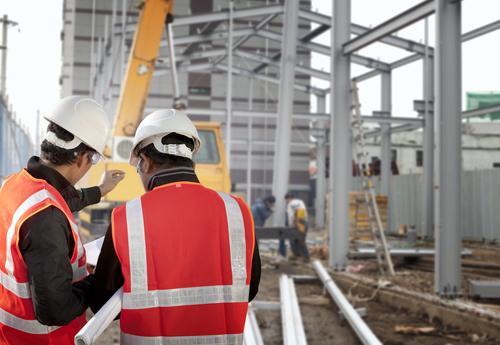Personal injury cases are often about trips, falls, and car accidents. There are many other types of personal injury cases as well, including dog bites, medical malpractice, assault and battery, emotional distress, and product liability.
You should not have to worry about tripping over a broken sidewalk or twisting your ankle in a hole in the ground. You should not have to worry about being injured in someone else’s home or shop.
In New York City, bars, pubs, restaurants, and other places that are licensed to sell alcoholic beverages can be held liable if someone they have served injures another person.
Whether it’s a deli in Riverdale, a pasta store on Arthur Avenue, or a souvenir shop near Yankee Stadium, when you are injured in a store in the Bronx, there are several things that you should do.
While workers are struck by falling objects on many different job sites, construction workers in particular are at risk for these accidents.
Strict liability law recognizes that there are certain cases where danger is inherent, and the plaintiff need not prove direct fault or negligence on behalf of the defendant in order to win their settlement.
Both workers’ compensation and personal injury lawsuits can provide compensation to an injured person. The main differences between these types of claims are the fault requirements and the available damages.
Context is key in a personal injury case. When evaluating whether another party is to blame for your injury, one of the most important factors is the environmental conditions that existed at the time and place the injury occurred.
If you are injured due to a property owner’s negligence in maintaining their property, you may have the right to sue them under the doctrine of premises liability.
While injured workers generally cannot file for workers’ comp and file a personal injury lawsuit, there are many instances where a worker can file both types of claims.


